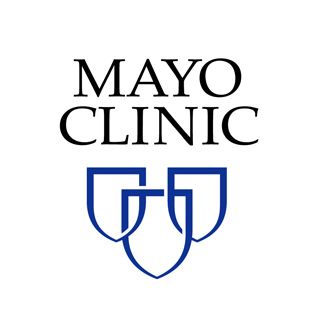
Since many cancer patients gain resistance to radiation therapy, introduction of more effective treatments can probably overcome this complication. 277 different human lymphoblastoid cell lines were scrutinized by experts for determining the reason for people to respond differently. The investigation is a part of a genome-wide association study. Scientists gathered data on gene expression, cell toxicity outcomes, and 1.3 million single nucleotide polymorphisms (SNPs). Apparently SNPs are the brief sections of genetic code representing variants.
Liewei Wang, M.D., Ph.D., Mayo Clinic genomic researcher also the senior author of the study, and colleagues evaluated possible biomarkers in three cell lines to determine radiation response. Five genes were discovered by the scientists that are assumed to share a gene expression which is directly linked to radiation response.
The research is published online in the journal Genome Research.
